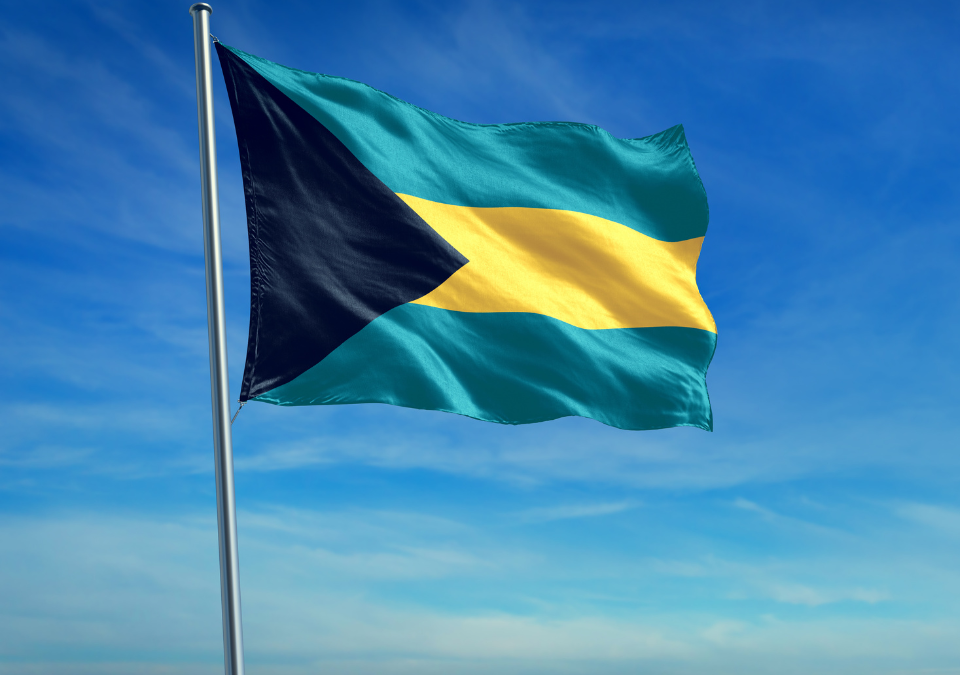
Top 5 Factors to Evaluate When Choosing an Offshore Jurisdiction
25/07/2025
Icaza at the Arbitration Insights: The Written Phase of Arbitration, by CIAC and CECAP
15/08/2025Learn the key requirements to keep a company in compliance in The Bahamas

The Bahamas, located in the Caribbean, offers a robust and well-regulated environment for businesses. This guide provides a comprehensive overview of the most relevant regulatory requirements for Bahamian companies and practical steps to maintain them in good standing.
Key Pillars of Compliance for Bahamas Companies
To maintain a company in good standing in The Bahamas involves key pillars as: annual obligations, economic substance, beneficial ownership transparency, and local presence.
Annual Obligations:
Every company registered in The Bahamas is required to fulfill a set of annual obligations to remain active and compliant. Failure to meet these requirements can lead to penalties, the loss of good standing, and eventual striking-off from the Companies Register.
- Annual Government Fees: All companies must pay an annual government fee to the Registrar General’s Department. The fee varies depending on the company’s authorized share capital.
- Annual Return/Business License Renewal: Companies are required to file an annual return or a business license renewal. This process typically involves providing updated information about the company’s directors, officers, and shareholders. For companies conducting business within The Bahamas, the business license renewal is a critical step that involves the submission of financial information and the payment of a business license tax, the rate of which is dependent on the company’s turnover. The deadline for filing tax returns and renewing business licenses is typically March 31st annually.
- Confirmation of a Registered Agent and Office: Every company must have a registered agent and a registered office in the Bahamas. The registered agent is a licensed corporate service provider responsible for liaising with the authorities and ensuring the company’s compliance.
The Commercial Entities (Substance Requirements) Act (CESRA): Demonstrating Genuine Presence
In compliance with global standards related to AML/CFT policies and measures, the Bahamas enacted the Commercial Entities (Substance Requirements) Act (CESRA). This legislation requires that all companies confirm annually their activities and that certain Bahamian companies engaged in “relevant activities” to demonstrate adequate economic substance within the jurisdiction.
Relevant Activities under CESRA include:
- Banking business
- Insurance business
- Fund management business
- Financing and leasing business
- Headquarters business
- Shipping business
- Distribution and service center business
- Intellectual property business
- Holding company business
Companies conducting these activities must satisfy the economic substance test, which involves:
- Conducting Core Income-Generating Activities (CIGAs) in the Bahamas: These are the key activities that generate the company’s income and must be carried out within the Bahamas. Examples of CIGAs vary depending on the industry and can include taking strategic decisions, managing and bearing risks, and providing key services.
- Having an Adequate Level of Qualified Employees, Physical Offices, and Expenditure in The Bahamas: The level of substance required is proportional to the nature and scale of the company’s activities.
- Direction and Management from within the Bahamas: Board meetings should be held in the Bahamas with a quorum of directors physically present.
All entities must file an annual CESRA report at the Platform created by the Government of the Bahamas.
Beneficial Ownership Registry: A Commitment to Transparency
The jurisdiction of Bahamas is committed to combating money laundering and terrorist financing. A key component of this commitment is the requirement for all companies to maintain an updated list of the beneficial owners. This information must be kept accurate and up-to-date and be accessible to the competent authorities through the company’s registered agent.
A beneficial owner is the natural person who ultimately owns or controls the company. The threshold for beneficial ownership is typically set at 10% or more of the shares or voting rights.
Consequences of Non-Compliance
Failing to adhere to these regulatory requirements can have serious consequences for a Bahamian company:
- Financial Penalties: Late filing of economic substance can have the company be subject to penalties for non-compliant and non-payment of government fees attract significant financial penalties that accumulate over time.
- Loss of Good Standing: A company that is not compliant with its annual obligations will lose its Certificate of Good Standing. This certificate is often required for opening bank accounts, executing contracts, and other essential business activities.
- Striking-Off the Register: If a company remains non-compliant for an extended period, the Registrar General may strike its name from the Companies Register. A struck-off company is legally considered dissolved and cannot legally trade or deal with its assets.
Practical Tips for Maintaining Good Standing
- Engage a Reputable Registered Agent: Your registered agent is your compliance partner in the Bahamas. Choose a licensed and experienced provider who can offer timely reminders and expert guidance.
- Maintain Accurate Records: Keep detailed and up-to-date records of all company activities, including financial statements, board minutes, and shareholder information.
- Diarize Key Deadlines: Proactively track deadlines for annual fee payments, and CESRA reporting to avoid last-minute rushes and potential penalties.
- Seek Professional Advice: When in doubt, consult with legal and financial professionals who specialize in Bahamian company law and regulations. This is particularly important for understanding and complying with CESRA.
- Conduct Regular Compliance Reviews: Periodically review your company’s compliance status to identify and address any potential issues before they escalate.
By understanding and proactively managing these regulatory requirements, business owners and investors can ensure their Bahamian companies remain in good standing, unlocking the full potential of this dynamic and reputable jurisdiction.








